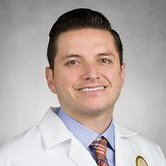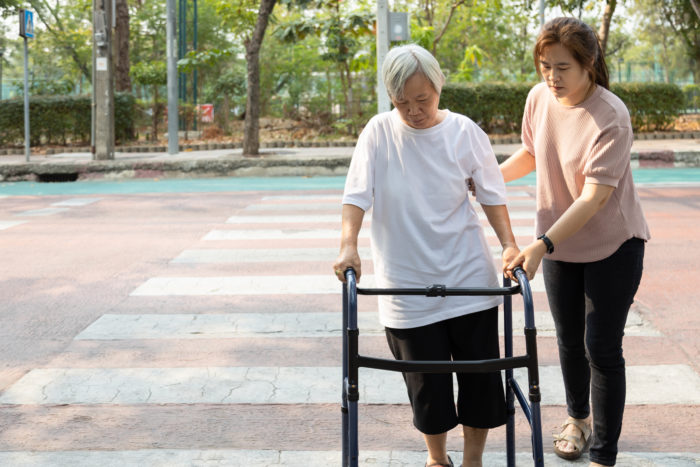Watching a family member succumb to a rare and progressive disease is painful. But when that rare disease is genetic, empathy can become anxiety. Young family members, even those in good health, infer their own fate in the struggles faced by their parents and grandparents.
I see this with amyloidosis, a rare disease where improperly folded proteins build up in the body. These protein deposits can occur in the nervous system, the heart or the digestive system, resulting in a range of symptoms. Neuropathy, GI issues, shortness of breath or swollen legs can all indicate amyloidosis.
When these patients come to my office, they may never have heard of the disease. They may not know that these seemingly unconnected symptoms stem from a single source, amyloidosis. And they may not realize that the rare disease also can be inherited.
Such was the case with a family I recently treated. The grandmother came to my office first. She had emigrated from Asia years prior, after her own mother had experienced symptoms of neuropathy and failure to thrive, dying in her 60s. This patient had suffered similar symptoms for nearly 12 years now. She’d tried acupuncture and then, over a number of years, bounced from her primary care provider to a neurologist and finally to a neurological subspecialist.
By the time I diagnosed her with amyloidosis, she was late stage. Her health deteriorated quickly. Within five years she was wheelchair bound. She had withered down to 70-80 pounds and could barely sit up without feeling faint.
When I broached the topic of family genetic counseling, her 18-year-old granddaughter acted as translator. The young woman was, in fact, critical to her grandmother’s care. She often came along to appointments to ease communication and reassure her grandmother. It was clear that she was invested in the older woman’s health. She also was increasingly nervous about her own.
That anxiety grew when her mother also began showing signs of amyloidosis.
Her mother has a mild case of the disease, and the medication provided in her clinical trial is slowing progression. I was pleased to see these results, made possible by tremendous advances in innovative disease treatments. The woman’s 18-year-old daughter, however, couldn’t shake her fears. Afraid that her grandmother and mother’s suffering was a crystal ball into her own future, the young woman demanded genetic testing.
I advised her to consider if it was the right thing for her. The disease doesn’t see onset that early, and it doesn’t impact reproductive health. But her anxiety level was high. She was evaluated and tested positive for the mutation. That indicates risk, but it does not necessarily mean she’s destined to have amyloidosis.
The good news is that several new therapies exist that can dramatically improve quality of life for patients with amyloidosis, especially if they catch the disease early. We have medical therapies that for the first time can slow the disease, even reverse its course in some instances. Meanwhile, manufacturers are aggressively enrolling patients in clinical trials to produce even more treatment options for amyloidosis. When I think about rare disease awareness, I am hopeful especially for people like this 18-year-old. I’m hopeful for earlier diagnosis, for more ways to address disease symptoms and for, one day, even a cure.
Not just for the patients in front of me today, but for their children, their grandchildren and for the generations that follow. With greater awareness, access and continued innovation, we can lighten their caregiving load, reduce their grief, and replace their anxiety with hope for a life that’s not defined by disease.

